-
Bluey Australian TV Show Storytelling
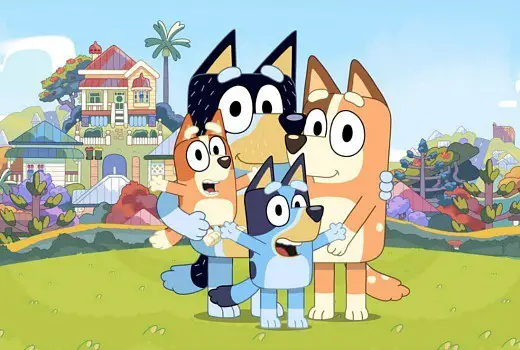
Remember that time an episode of British cartoon Peppa Pig was taken off air in Australia? It was the episode which taught kids that spiders aren’t scary. Not a lesson Aussie kids need to learn. Well, fast forward a few years and Australian kids now have their own cartoon series reminiscent of Peppa Pig. Bluey […]
-
Unrequited Love in Storytelling

There is a strong bias in storytelling, across the board: In stories of unrequited love, the object of affection is the romantic opponent, not the main character. Time and again, storytellers show the pain of falling for someone else without reciprocation. We very rarely experience a narrative from the point of view of the person […]
-
What is parallax in literature?

How do you create a parallax effect in writing? There are two standout techniques.
-
Emotion in Storytelling: If Only!

I’ve been taking notice of the stories which evoke a strong emotional response in myself, hoping to find some patterns. Sure enough, there are patterns. The ‘If Only’ story resonates especially. The ‘if only’ story evokes the emotion of regret. Saudade Saudade is a Portuguese and Galician word similar to English ‘regret’. It’s pronounced a […]
-
The Creepiest Body Parts
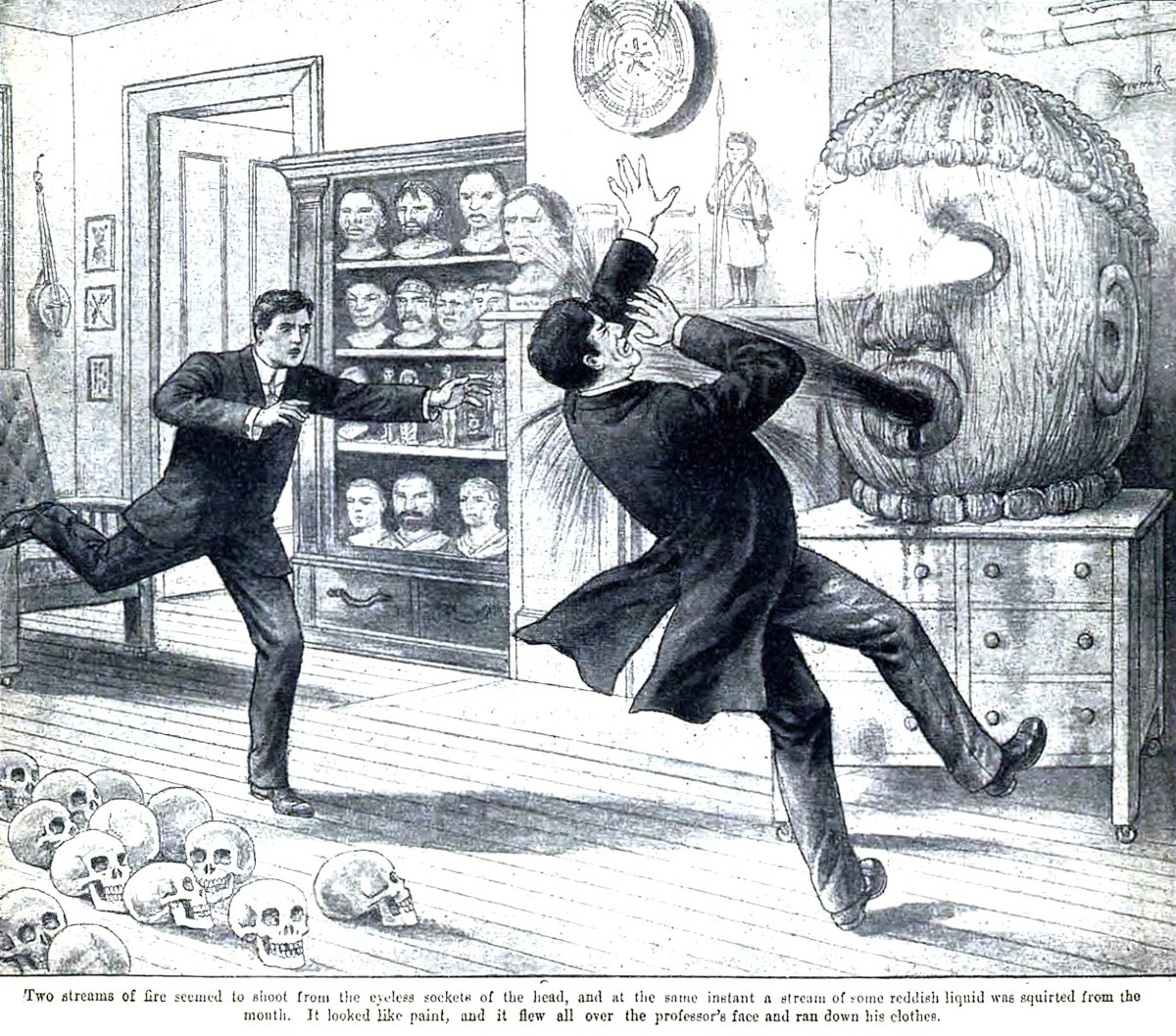
The human body is a grotesque, meaty thing. Storytellers can make use of our squeamishness by breaking the body into parts for horror or for comic effect. In his autobiography Going Solo, Roald Dahl takes a voyage to Africa. Onboard the ship he meets all sorts of weird and wonderful characters, as Dahl was inclined […]
-
How To Write A Likeable Main Character
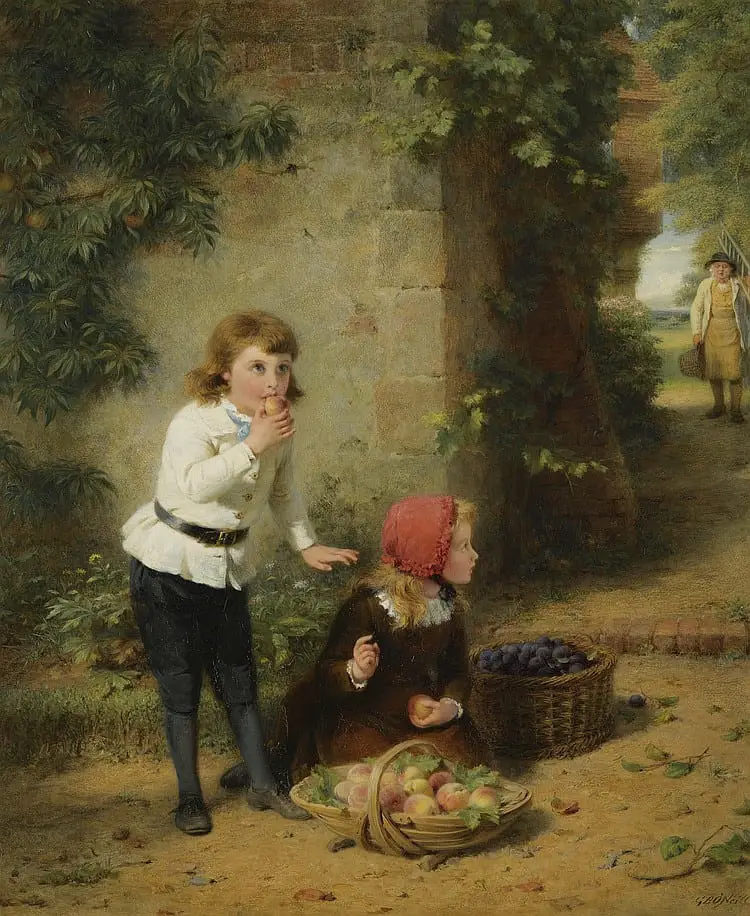
Must characters in stories be likeable? No. Are unlikeable characters popular with audiences? Yes. But they’re harder to write. They need to be all of the things listed below and then some. Some characters in some stories shouldn’t be likeable. But what if you want to create a genuinely likeable main character who appeals to […]
-
Burlesque In Storytelling
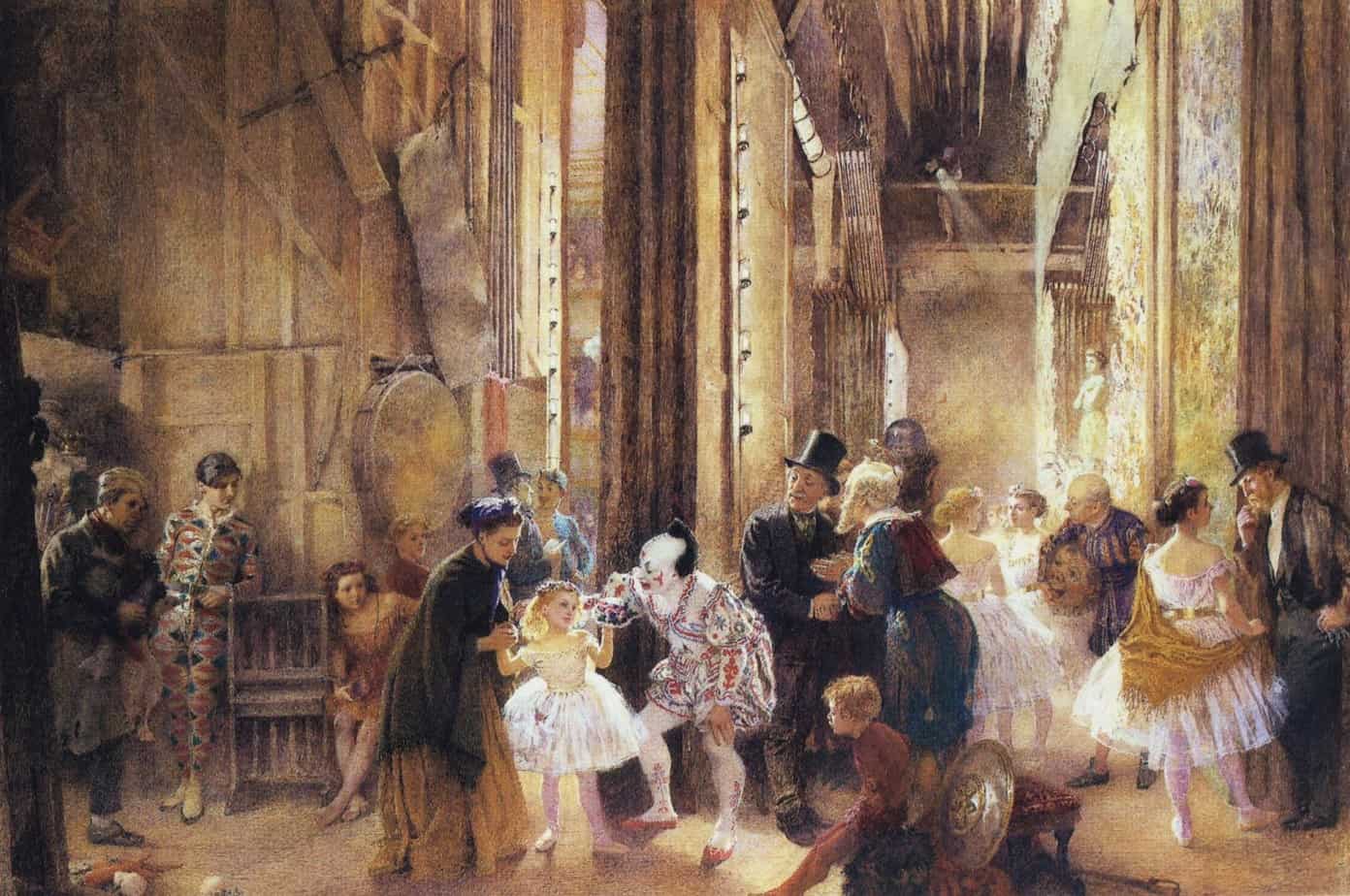
Burlesque is a type of entertainment that caricatures serious works. It is an extreme form of parody. Burlesque can be used as a verb i.e. to burlesque something. You might accidentally burlesque yourself by buying expensive tennis gear then turning up with no idea how to play, for instance. Comedy derives from the contrast and […]
-
How to identify an inciting incident?
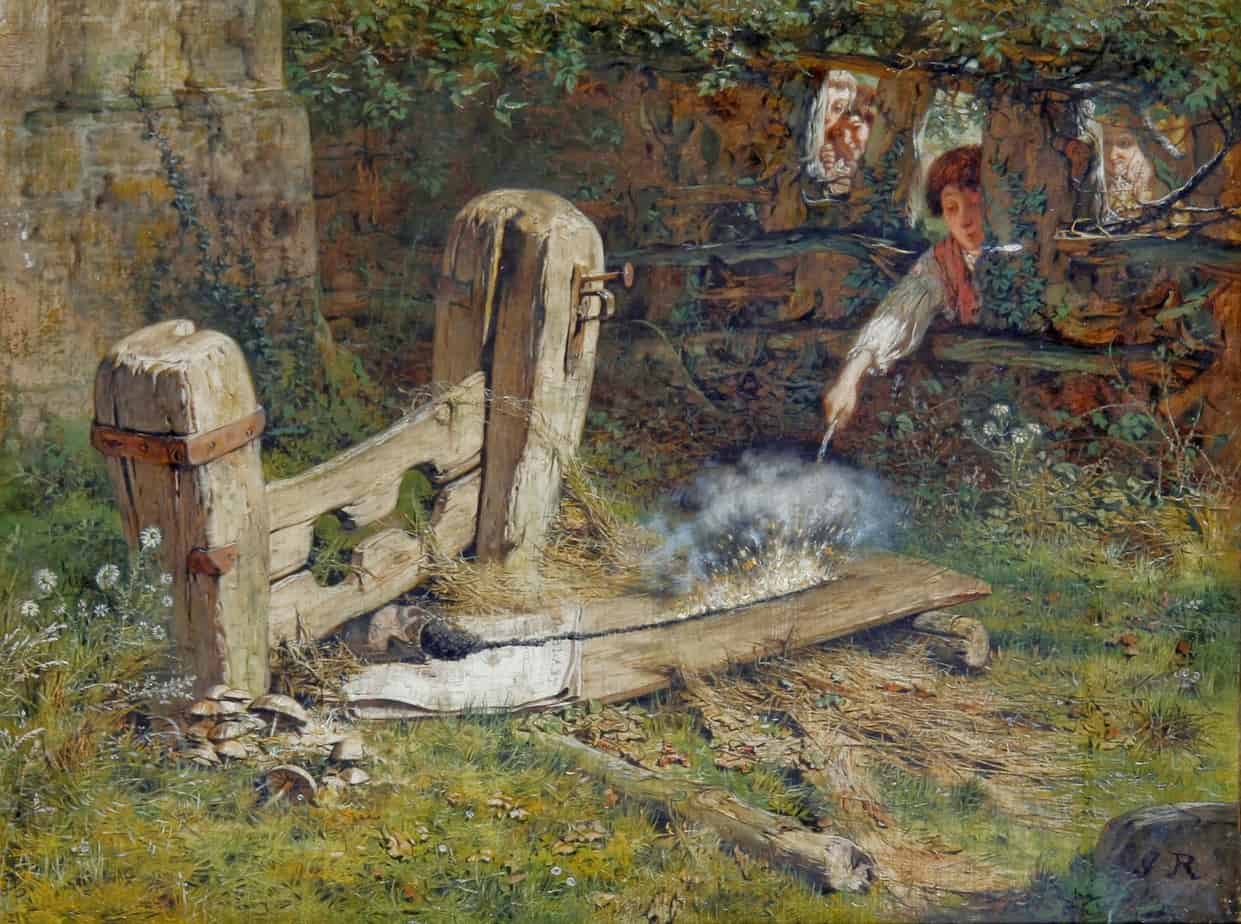
The term ‘inciting incident’ is one of those writing words which means different things to different people. Some writers don’t think in terms of inciting incident. To others it is key to a good story beginning. Some authors have easily identifiable inciting incidents, and one big event to set off a chain of events seems […]
-
The Ideology Of Wealth In Stories
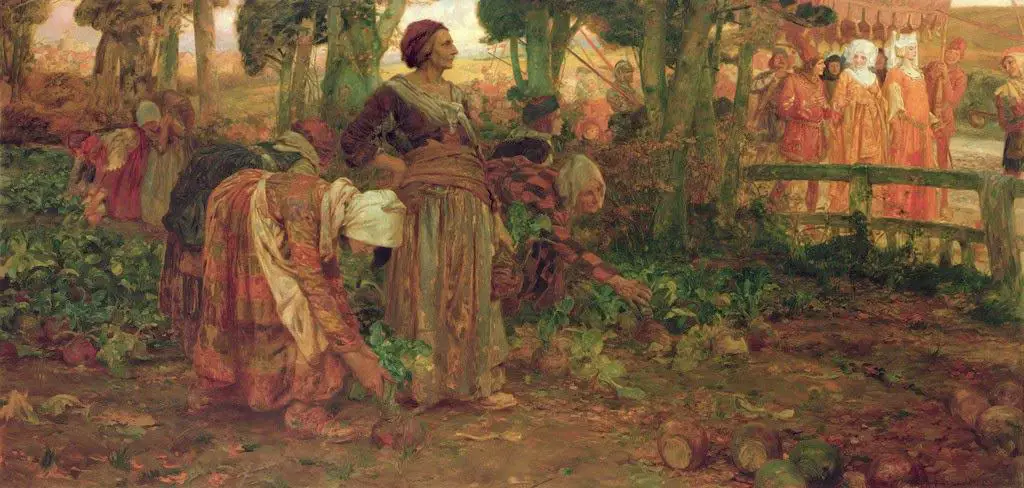
Wealth brings out the worst in people. This is the overriding message we get from stories in general, be they for children or adults. However, sometimes by working hard a hero can become rich. In a Cinderella story goodness leads naturally to riches. This is thought to be Cinderella’s rightful place — after all, Cinderella is not a rags to…
-
Which computer would your character use?

ON TV, EVERYONE OWNS A MAC: one of the most glaring tropes in modern fiction. The more I notice it, the more I notice it. Despite the prevalence of PCs in real life, most fictional characters — in novels as well as on TV and movies — are banging away on an Apple Mac. It’s completely […]
-
Features of a Psychological Suspense Story

What makes a horror or thriller story ‘psychological’? Aren’t the entire suspense genre psychological, to some degree? I set out to investigate.
-
Emotion in Storytelling: Psychic Numbing
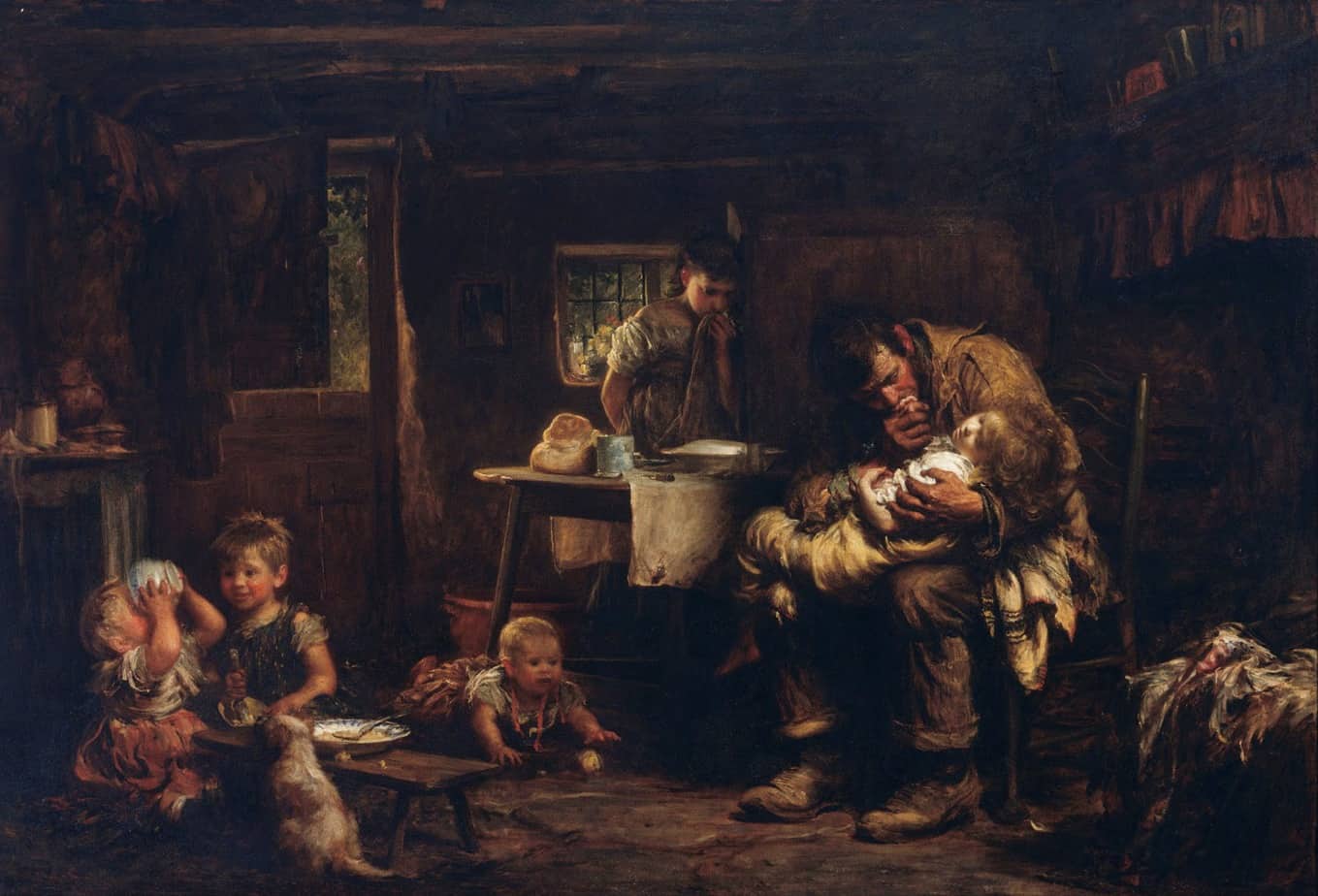
Have you heard of ‘psychic numbing’? As the number of victims in a tragedy increases, our empathy, our willingness to help, reliably decreases. This happens even when the number of victims increases from one to two. The Limits Of Human Compassion, Vox (Robert J. Lifton coined the term in 1967.) Psychic numbing is at play […]
-
A Continuum of Imaginative Powers

I enjoy stories about characters with wild imaginations, and that may partly explain why I love children’s books. From Where The Wild Things Are to highly symbolic fairytales to post-modern off-kilter realities, children’s literature is full of dreamscapes and fantastic journeys. But stories of imaginative power don’t end with childhood — there are many examples […]
-
Unexpected Detail In Fiction
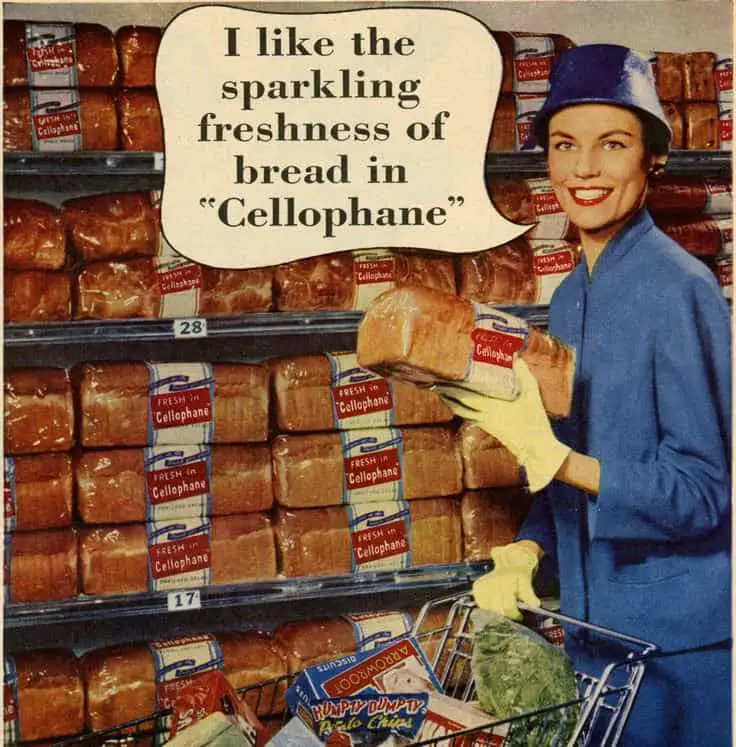
Some of the most powerful details in fiction are the ones we don’t expect. We might call this ironic detail, or perhaps we should just stick with ‘surprise’. Good stories are all about surprise. A huge amount of information about character and backstory can be conveyed through small detail. Sarah Waters Good writing is specific […]
-
Emotion in Storytelling: Unexpected responses

Storytellers can manage audience emotions by writing characters who do — and feel — the unexpected. In doing so, writers can subvert common emotional tropes to great effect. Why is this technique necessary and so effective? A major element of good storytelling is surprise. The writer’s characters must stand before us with a wonderful clarity, […]